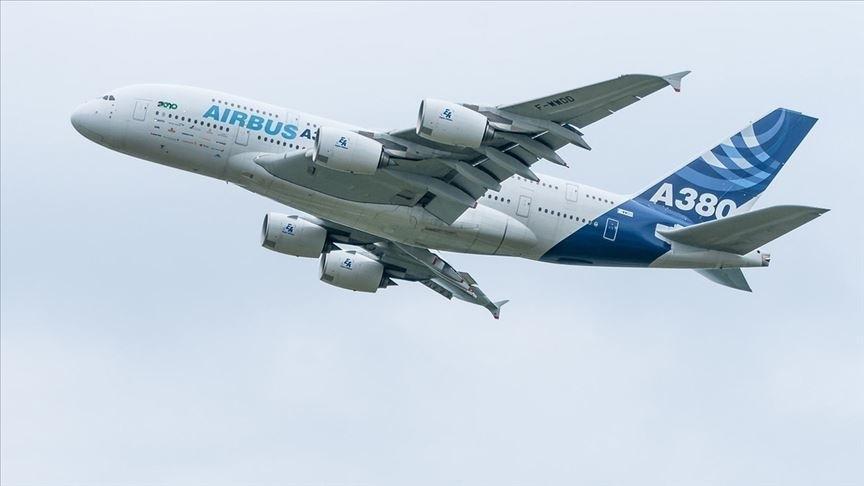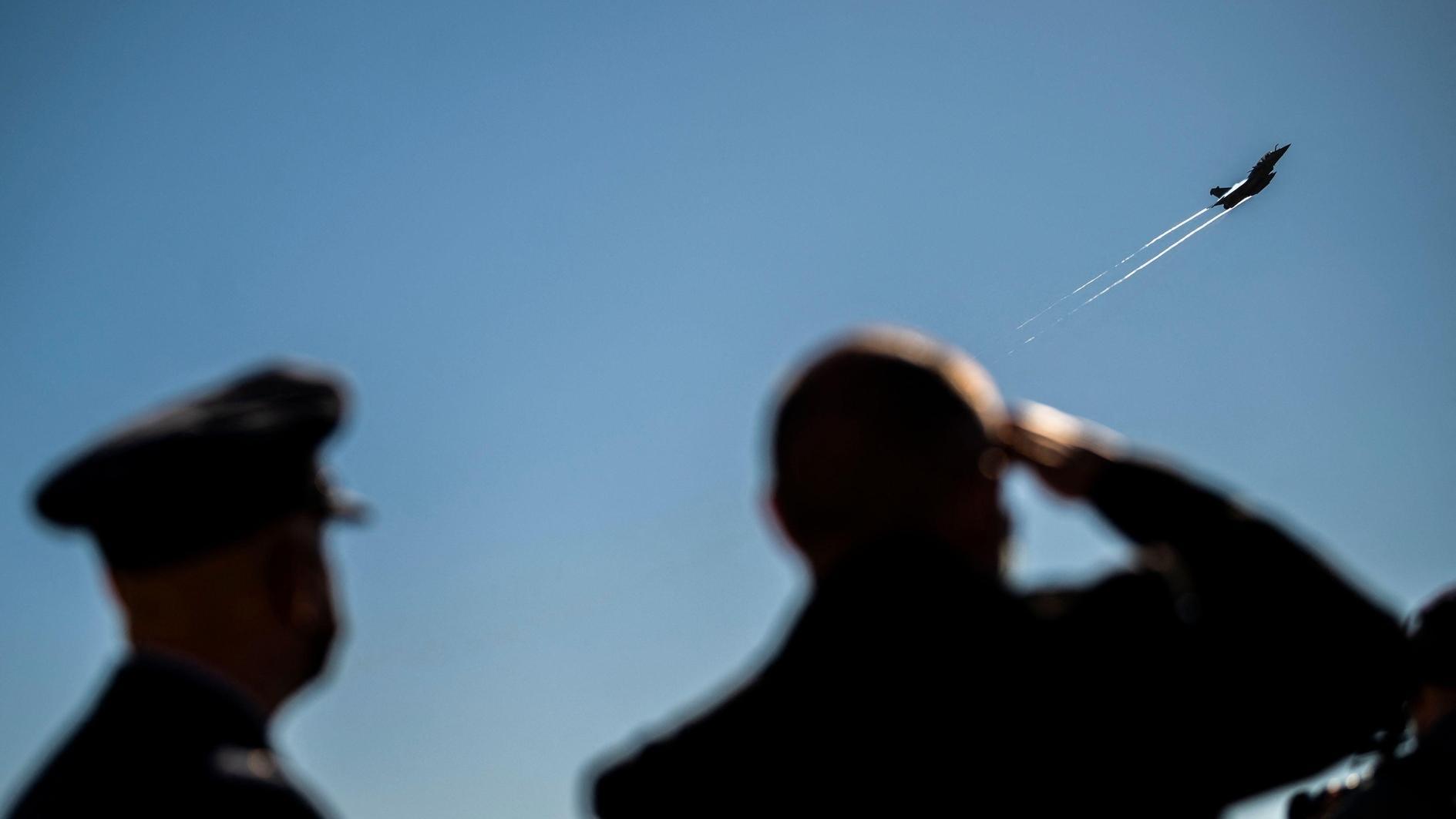Airbus seeks increased cooperation with Türkiye
TOULOUSE

Airbus is looking to expand its collaboration with Türkiye's defense and aviation industries, daily Milliyet has reported.
The aerospace giant is particularly focused on increasing its parts production and leveraging Türkiye's capabilities in military aviation.
The announcement came following a summit in Toulouse on March 24-25, where the company presented its latest advancements in sustainable aviation.
The event also featured discussions on the European Union's efforts to establish a new defense capacity, with Airbus expected to play a significant role in contributing military transportation, fuel supply, intelligence aircraft, fighter jets, military helicopters, unmanned aerial vehicles and air defense systems.
“We are absolutely determined to leverage our entire product portfolio to meet Europe’s defense and security needs. Türkiye is a priority country for Airbus," Milliyet quoted company officials as saying.
“Our 41 suppliers in Türkiye manufacture products worth $600 million annually. In the new period, we want the Turkish defense and aerospace sector to cooperate more and produce more parts for Airbus.”
As the company continues to focus on military production, it is also pushing forward with efforts to reduce aviation’s carbon footprint.
Airbus is investing in sustainable aviation fuel (SAF) and aims to reach zero carbon emissions. However, SAF currently accounts for just 2 percent of aviation fuel usage due to its higher cost — three to four times more expensive than traditional jet fuel. Airbus plans to increase this figure to 10 percent by 2030.
Julie Kitcher, the company’s chief sustainability officer and communications, highlighted Türkiye's potential.
“Türkiye can play a leading role in the sustainable fuel industry,” she said, adding that new generation aircraft could eventually operate entirely on SAF.
The summit also addressed other critical topics, including the development of hydrogen fuel technology as an alternative to petroleum, innovations in propulsion systems, foldable wings, open fan engines and materials technologies aimed at increasing fuel efficiency for future aircraft.
















